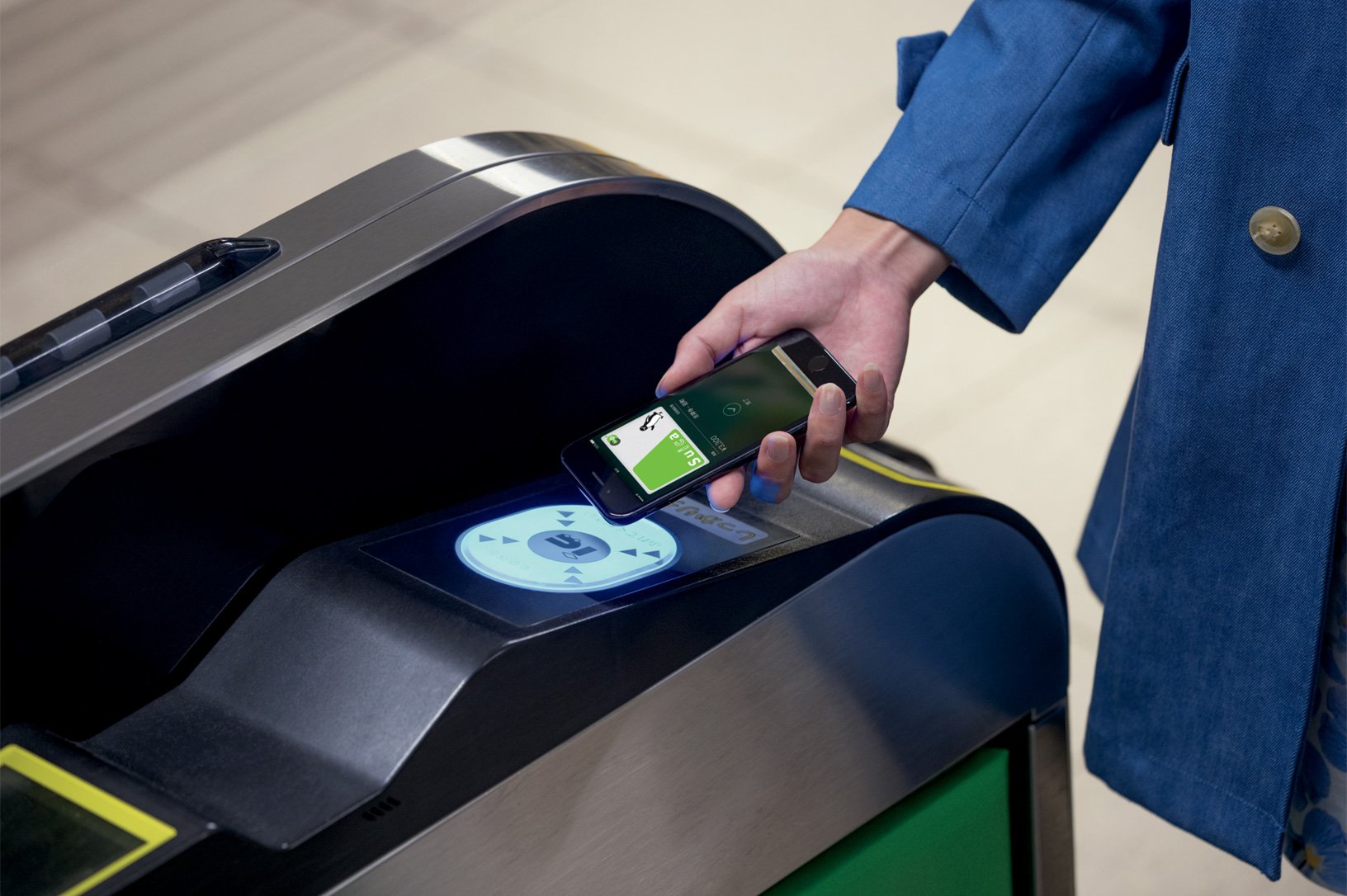"The Apple Pay lock screen can be bypassed for any iPhone with a Visa card set up in transit mode. The contactless limit can also be bypassed allowing unlimited EMV contactless transactions from a locked iPhone."
What you need to know
- A new security flaw has been discovered in Apple's Express Transit Apple Pay mode when using a Visa card.
- Research claims it can be used to make unauthorized payments and bypass the contactless limit.
- Apple and Visa have downplayed the issue.
New security research claims that a flaw in Apple's Express Transit Apple Pay mode can be used to make unauthorized Visa card payments and bypass the contactless limit.
Researchers from the Computer Science departments at the Universities of Birmingham and Surrey in the UK have published their findings into how an active Man-in-the-Middle replay and relay attack could be used to bypass the Apple Pay lock screen for any iPhone with a Visa card set up in transit mode. The paper states:
The Apple Pay lock screen can be bypassed for any iPhone with a Visa card set up in transit mode. The contactless limit can also be bypassed allowing unlimited EMV contactless transactions from a locked iPhone. An attacker only needs a stolen, powered-on iPhone. The transactions could also be relayed from an iPhone inside someone's bag, without their knowledge. The attacker needs no assistance from the merchant and backend fraud detection checks have not stopped any of our test payments.
The researchers even have their own video of a £1,000 payment being taken from a locked iPhone using a standard EMV reader you would find in any store on the high street. The researchers claim the attack "is made possible by a combination of flaws in both Apple Pay and Visa's system," so it wouldn't work with another card like Mastercard, or with Visa on any other platform such as Samsung or Google Play.
The researchers say either Apple or Visa "could mitigate this attack on their own" but having presented the information "months ago" claim neither have fixed the system and that the vulnerability remains live. In fact, the research recommends "that all iPhone users check that they do not have a Visa card set up in transit mode, and if they do they should disable it."
According to the BBC Apple says the problem lies with Visa and was "a concern with the Visa system." It further stated:
"We take any threat to users' security very seriously. This is a concern with a Visa system but Visa does not believe this kind of fraud is likely to take place in the real world given the multiple layers of security in place".
"In the unlikely event that an unauthorized payment does occur, Visa has made it clear that their cardholders are protected by Visa's zero liability policy".
Visa reportedly said that the type of attack detailed by the research was "impractical" and that "Visa cards connected to Apple Pay Express Transit are secure, and cardholders should continue to use them with confidence." It further stated, "variations of contactless fraud schemes have been studied in laboratory settings for more than a decade and have proven to be impractical to execute at scale in the real world".
One of the researchers, Dr. Andreea Radu, told the outlet that whilst the attack had a high degree of technical complexity "the rewards from doing the attack are quite high" and could become a real issue in a few years if unaddressed.

0 Commentaires